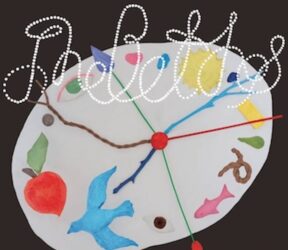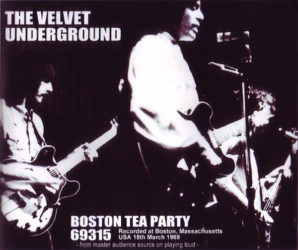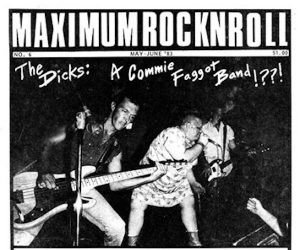Search Results: boston counterculture
Each month, our arts critics — music, book, theater, dance, television, film, and visual arts — fire off a few brief reviews.
Read MoreAbout the post-Reagan era, Boston Phoenix and Boston After Dark editor, Arnie Reisman, observes: “Everything went to sleep, and while we were sleeping, the Republican Party grew six more heads.”
Read Moreby Bill Marx “Catharsis isn’t a wound being excavated from childhood.” – Sarah Ruhl NPR as well as New York theater critics think playwright Sarah Ruhl, the “Golden Ruhl” with “The Midas Touch,” is sure money in the artistic bank. A winner of a MacArthur “genius” grant and a Pulitzer Prize finalist in 2005 for…
Read MoreIf historian Thomas Crow’s goal is to explain how these rebels of the counterculture reshaped American art, he is at least partly successful.
Read MoreStewart Brand’s greatest achievement, by far, was the simple act of putting the photograph of the earth as seen from space on the Whole Earth Catalog’s cover.
Read MoreThough lapsing at times into hagiography and muddled synopsizing, James Miller’s study of filmmaker Pedro Almodóvar is a bracing reminder of the greatness and ever-evolving genius of this world-class artist.
Read MoreThe real culture war in 1980s America was waged by young people who were trying to create their own culture and jealously rejected corporate culture along the way.
Read MorePulitzer prize-winning dramatist Robert Schenkkan is chained to a dreary, fact-driven approach in “All the Way,” tossing in bits and pieces of “what if” for unconvincing dramatic effect.
Read MoreInherent Vice is a giddy, trippy potpourri that tries to make a virtue of never quite settling on what kind of story it wants to tell.
Read More







Dance Commentary: Is Dance Criticism Dead?
Neither dancers nor the dance audience are out on the barricades demanding more and better dance coverage.
Read More